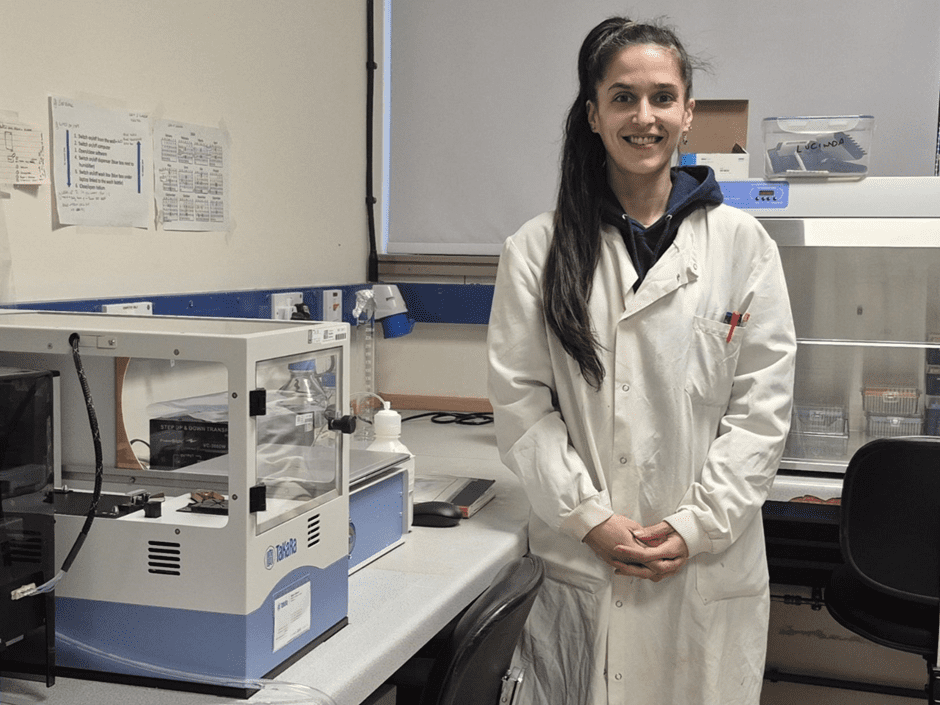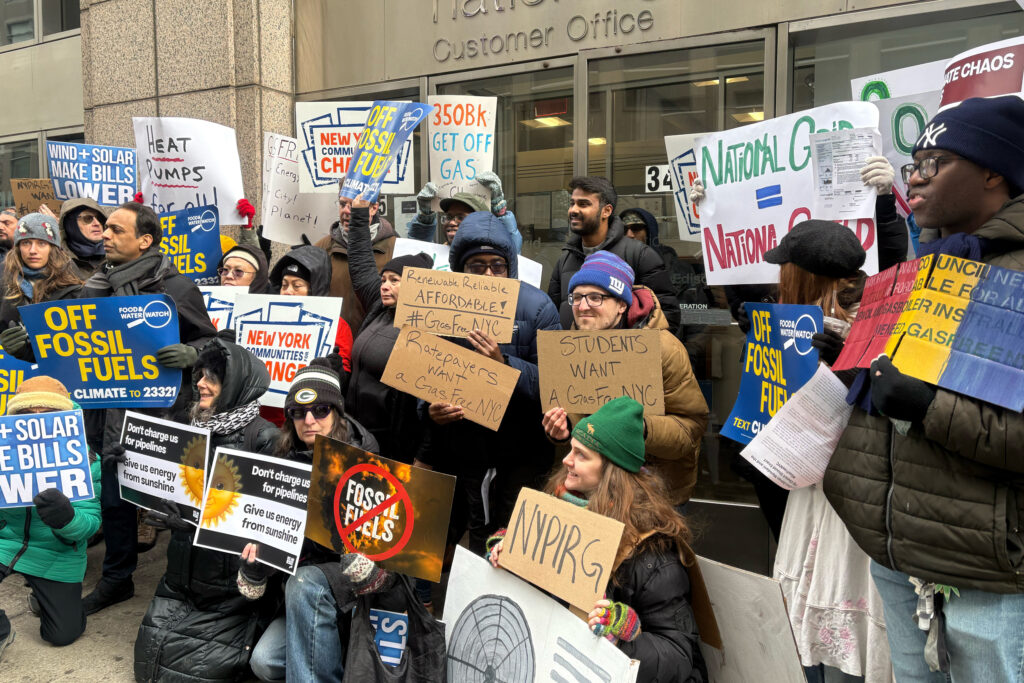Scores of world leaders reaffirmed their commitment to limiting human-caused global warming at Wednesday’s Climate Week summit during the United Nations General Assembly.
But emissions under new climate action plans submitted so far this year under the Paris Agreement would still add up to so much warming that more climate experts are now publicly discussing what exactly it means to “overshoot” the agreement’s key goal of capping global warming at 1.5 degrees Celsius, and whether it would be possible to bring the temperature back down.
Since Climate Week NYC coincides with the United Nations General Assembly in New York, countries sometimes choose to release their national climate action plans to reduce emissions during the event. The plans are often called Nationally Determined Contributions, or NDCs, in the language of the Paris Agreement, and part of that pact requires countries to submit more ambitious plans every five years.
At the start of Climate Week, 47 of the 197 Paris Agreement member countries had submitted new NDCs covering emissions reductions through 2035.
Climate plans in various stages of completion, included in a new analysis released just ahead of the Climate Summit, were just enough to limit the length and peak of an “overshoot” of the global climate target, said Nathaniel Hultman, a former U.S. climate negotiator and now the director of the Center for Global Sustainability at the University of Maryland.
More countries are expected to submit their national emissions reduction plans in the lead-up to COP30 in Brazil in November. The U.N.’s annual NDC Synthesis Report, which is usually released in the leadup to the climate summit, will analyze how those plans contribute to reaching the Paris Agreement goal.
“It’s been good to see a growing core of major economies like Brazil, the U.K., Japan and Australia, and potentially Korea and the EU, among others, putting forward NDCs that chart a credible path to net zero,” Hultman said, speaking just before Climate Week at an online press conference at which the Center for Global Sustainability launched a new online tracker for national emissions reduction plans.
The European Union did not formally submit a new NDC but said that it’s aiming to cut emissions between 66 percent and 72 percent below 1990 levels by 2035. But with the U.S., the world’s largest historic greenhouse gas emitter, absent from the arena, all eyes were on China, which currently produces 30 percent of the world’s annual greenhouse gas emissions, by far the largest share.
Chinese President Xi Jinping said his country would cut emissions by 7 to 10 percent by 2035 from its peak level, which falls short of the 30 percent cut needed to reach the 1.5C global climate goal, some analysts said.
“China’s latest climate target is too timid given the country’s extraordinary record on clean energy,” said Juan Manuel Santos, former president of Colombia and chair of The Elders, an independent group of global leaders founded in 2007 by Nelson Mandela that works to address climate change and related human rights issues. “To truly show climate leadership and boost its credibility in the Global South, China must go further and faster,” he said.
President Xi indirectly addressed the current United States rejection of global climate collaboration by saying that even if “some country is acting against it,” the international community should stay focused on pursuing the energy transition, “unwavering in confidence, unremitting in actions, and unrelenting in intensity and push for formulation and delivery on NDCs.”
Any new plans presented at the U.N. are only as good as subsequent actions to carry them out, Hultman said. Global climate goals will only remain in reach with “broad and rapid action on implementation that would be needed to halt and reverse emissions growth and achieve significant reductions over the next decade,” he added.
At the start of the Sept. 24 climate summit hosted by the U.N. Secretary General, Johan Rockström, director of the Potsdam Institute for Climate Impact Research, said the science affirming the importance of limiting warming to 1.5 degrees Celsius has only grown stronger. Beyond that threshold, there is “a real risk” of triggering irreversible changes in the climate, known as
“tipping points,” he said.
Rockström said the pathway to recover from overshooting the 1.5C goal is a “narrow escape” that remains possible, but is extremely challenging because it requires significant carbon dioxide removal. And the approach is bound to fail “unless we safeguard the world’s most powerful carbon sink and planetary cooling system; a healthy planet,” he said.
At the Wednesday summit,Gabriel Boric, president of Chile, also seemed to indirectly address comments made the previous day by U.S. President Donald Trump in his speech at the U.N. General Assembly.
“Unfortunately, we hear strong voices that minimize or even deny the reality of climate change, and of the climate crisis,” Boric said.
Exploring the best strategies for tackling the climate crisis, in which countries have different responsibilities and timelines, are legitimate discussions, Boric said.
“But we cannot discuss, or we cannot question, that there is a climate crisis,” he said. “This is a lie and those with power who perpetuate that lie are passing climate costs on to poorer countries.”
About This Story
Perhaps you noticed: This story, like all the news we publish, is free to read. That’s because Inside Climate News is a 501c3 nonprofit organization. We do not charge a subscription fee, lock our news behind a paywall, or clutter our website with ads. We make our news on climate and the environment freely available to you and anyone who wants it.
That’s not all. We also share our news for free with scores of other media organizations around the country. Many of them can’t afford to do environmental journalism of their own. We’ve built bureaus from coast to coast to report local stories, collaborate with local newsrooms and co-publish articles so that this vital work is shared as widely as possible.
Two of us launched ICN in 2007. Six years later we earned a Pulitzer Prize for National Reporting, and now we run the oldest and largest dedicated climate newsroom in the nation. We tell the story in all its complexity. We hold polluters accountable. We expose environmental injustice. We debunk misinformation. We scrutinize solutions and inspire action.
Donations from readers like you fund every aspect of what we do. If you don’t already, will you support our ongoing work, our reporting on the biggest crisis facing our planet, and help us reach even more readers in more places?
Please take a moment to make a tax-deductible donation. Every one of them makes a difference.
Thank you,

















